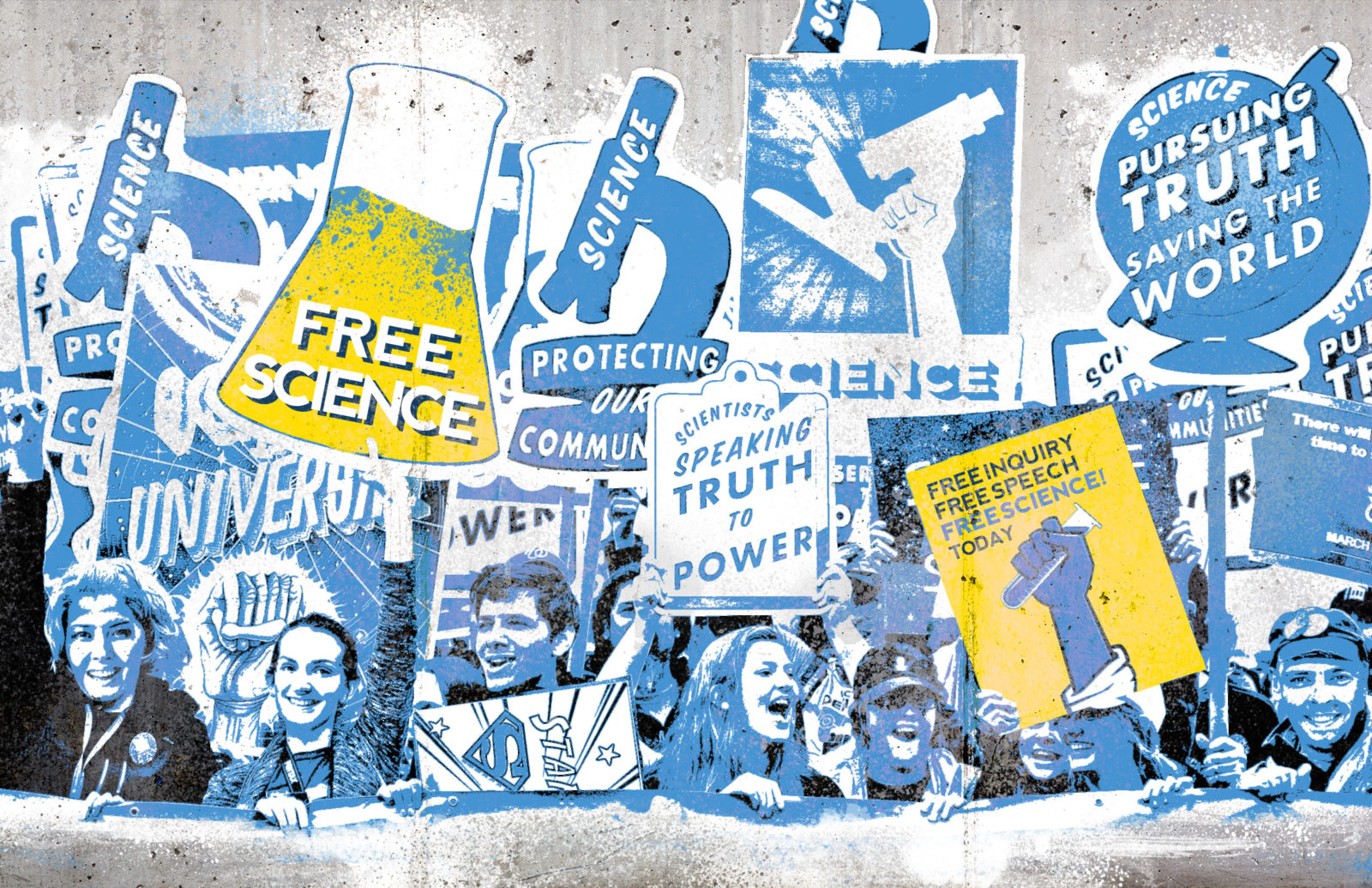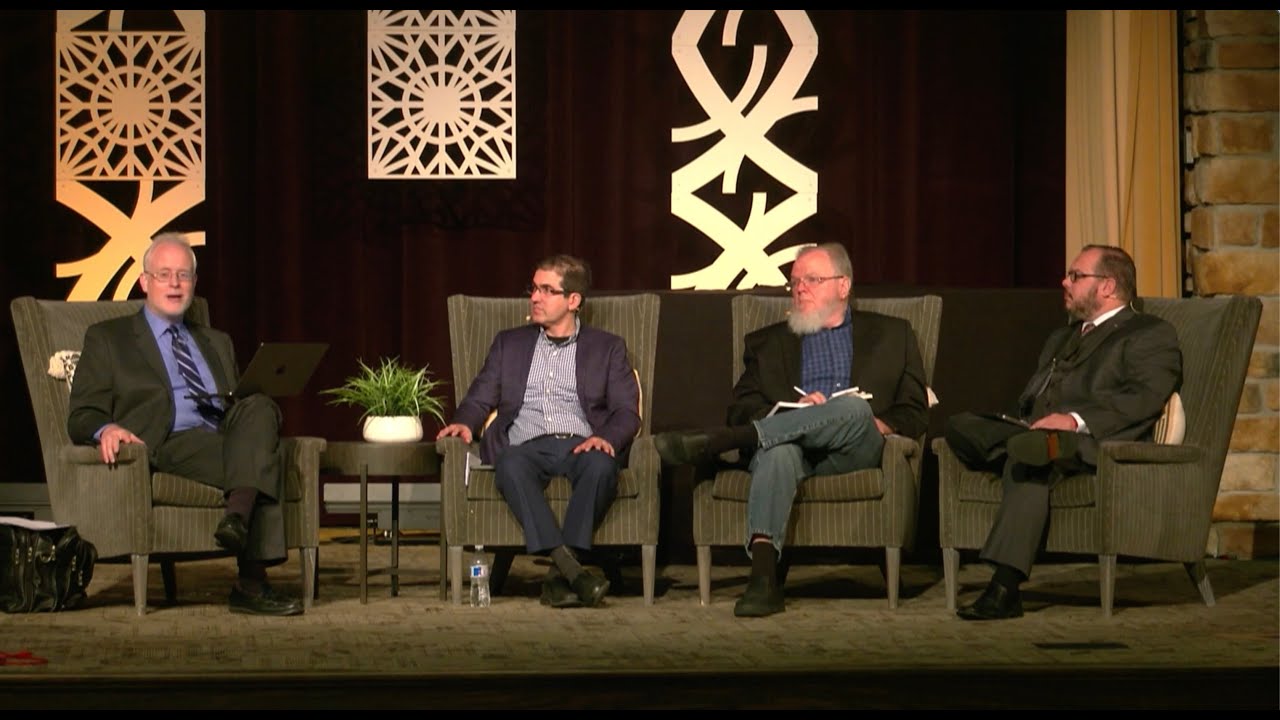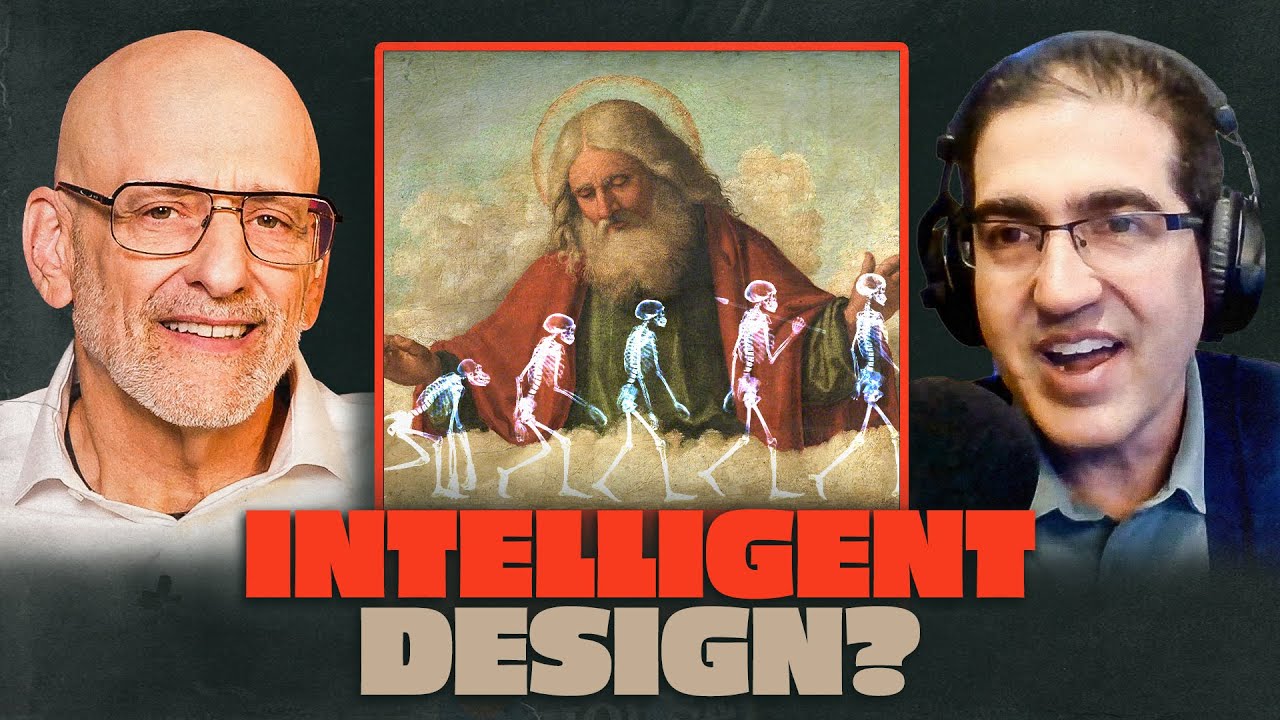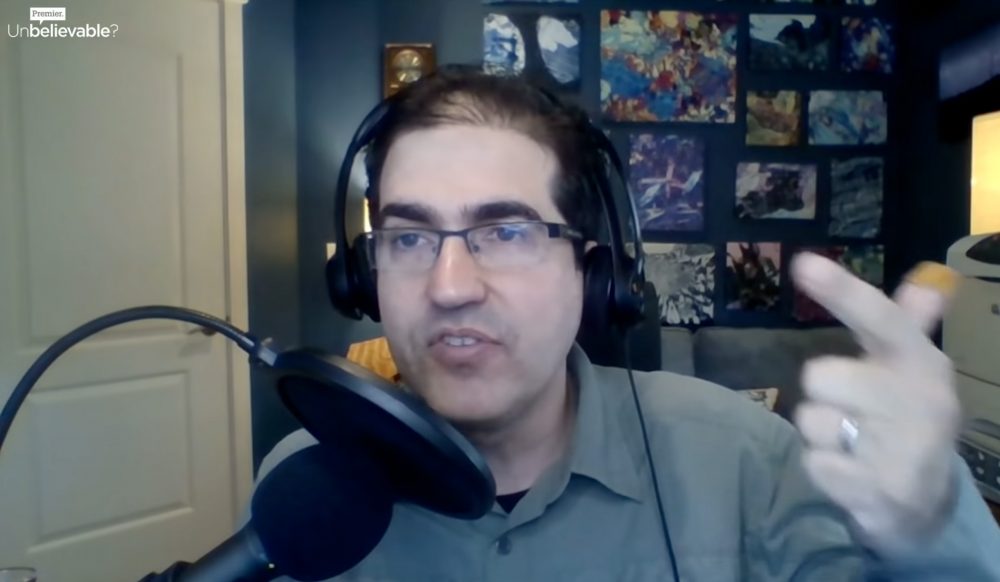


A Battle of Predictions: Junk DNA’s ‘Kuhnian’ Paradigm Shift

Roundtable on Human Uniqueness
A roundtable discussion exploring what makes humans unique featuring Dr. John West, Vice President, Discovery Institute; Dr. Casey Luskin, Associate Director, Center for Science and Culture, Discovery Institute; Dr. Robert J. Marks, Director, Walter Bradley Center for Natural and Artificial Intelligence, Discovery Institute; and Dr. Mark Garcia, Associate Professor of Systematic Theology, Westminster Theological Seminary. This roundtable was part of Read More ›

Design-Assisted Evolution: A Response to Rope Kojonen

Can Intelligent Design Explain The Theory of Evolution?
Casey Luskin, Associate Director at Discovery Institute, joins Andrew Klavan on the Andrew Klavan Show to discuss the theory of intelligent design in relation to contemporary scientific views of creation, the relationship between theism and the theory of evolution, and the secular aversion and reaction to faith-based scientific argument.

New South Africa Book Explores Evidence of Design

Günter Bechly: Species Pairs Wreck Darwinism

Biologist Michael Denton: Paradigm Shifts

William Dembski: Why Intelligent Design Matters
